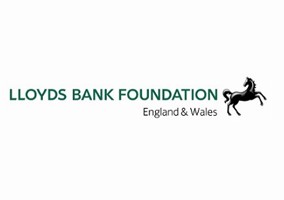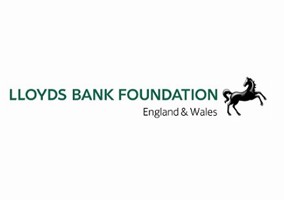Lloyds Bank Foundation for England and Wales (LBFEW) has opened a £9.5m fund for small and local charities in England and Wales to apply for two-year unrestricted grants of £50,000.
At least 25% of all funding this year will be allocated to charities led by and for Black, Asian, and Minority Ethnic communities. A separate funding strand for charities specifically working on racial equity will also open in the coming months.
This £9.5m funding will be open year-round, so charities can apply at a time and will not be restricted by deadlines. It will support 190 small charities with an income between £25,000 and £1m across England and Wales.
Alongside unrestricted funding, recipients will be supported by one of the foundation’s regional managers, who will work with them to access a wide range of organisational development support to help meet identified needs.
Its priority is to reach those charities tackling one of 11 complex social issues, such as homelessness, trafficking and domestic abuse.
LBFEW “wants to be open and transparent with charities by making clear in advance which charities and areas it is more likely to fund at any given time”. This means that not all charities will be eligible to apply in all areas and the foundation has introduced regional priorities.
It will consider local need, the prevalence of eligible small and medium-sized charities, the nature of the region and the level of investment the foundation has given to each complex social issue in that area, including its portfolio of live grants.
Whether small charities can apply to the foundation this year depends on which Local Authority they do the majority of their work in, and the complex social issue they are working to address. The foundation reviews and updates these regional priorities every six months.
'They’ve been vital in absorbing the worst effects of the crisis'
Paul Streets, chief executive at Lloyds Bank Foundation said: “The last year has been challenging for small charities responding to the pandemic. They’ve been vital in absorbing the worst effects of the crisis and providing support to people that need them the most. Even though we can now see a path out of the pandemic, locally rooted charities need long-term support to help left behind communities recover.”
He added: “Last year, 38% of our Covid-19 Recovery grants were awarded to charities led by and for minoritised groups, but with these communities continuing to be disproportionately affected, we remain committed to continuing to ringfence at least a quarter of our funding and overcoming structural inequalities in sector funding.”
A question and answer webinar with the members of the grants team will be held on 30 March between 2pm and 3.30pm.
Related articles












